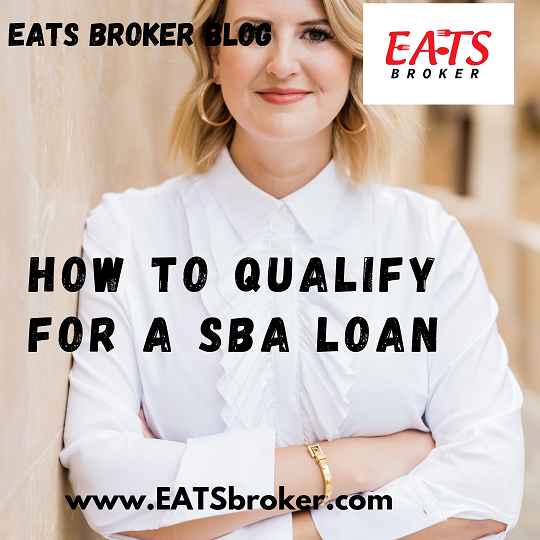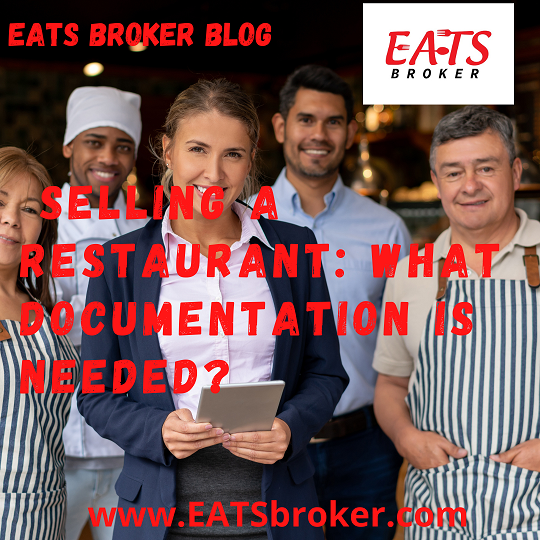
How to qualify for a SBA loan
What is essential for underwriting SBA loans, and how to qualify for a SBA loan? EATS Restaurant Brokers receive this question often when talking with

What is essential for underwriting SBA loans, and how to qualify for a SBA loan? EATS Restaurant Brokers receive this question often when talking with

When selling a restaurant, what documentation is needed from the seller? The answer is simple it depends on what type of sales transaction. Trained Restaurant

© Copyright 2024 EATS Broker | Consumer Protection Notice | Information About Brokerage Services